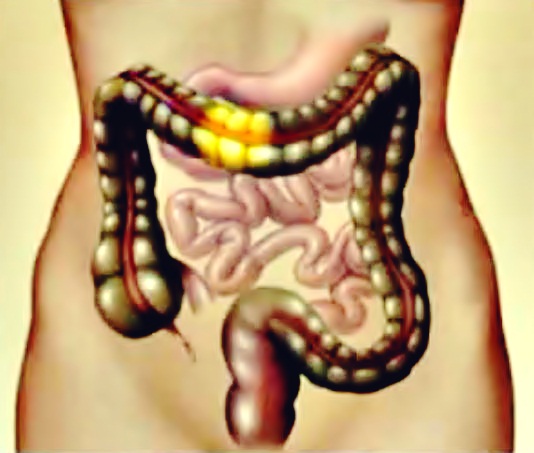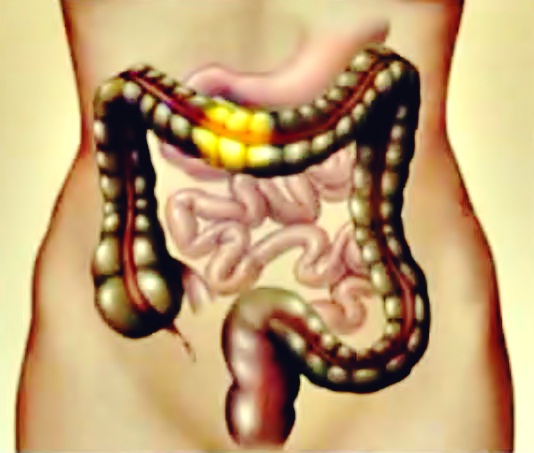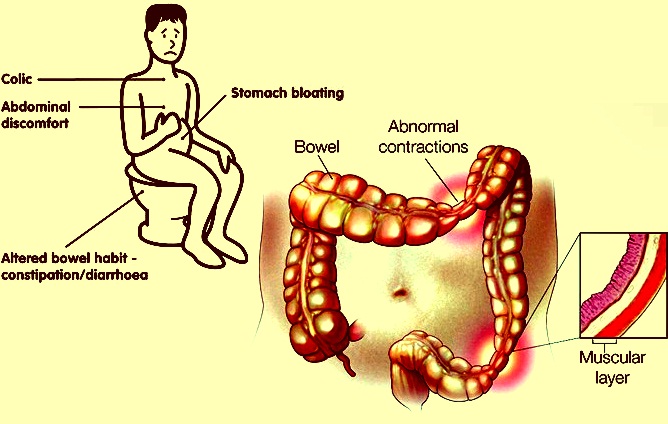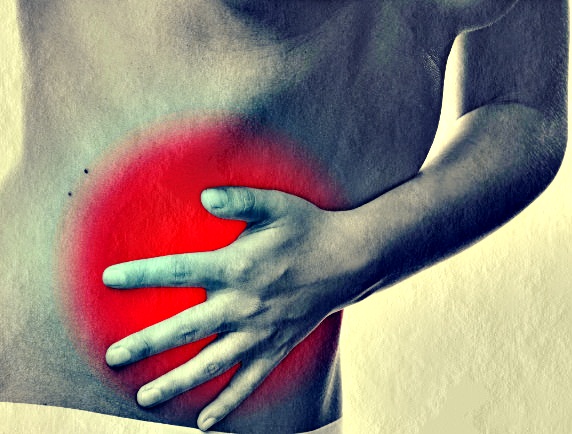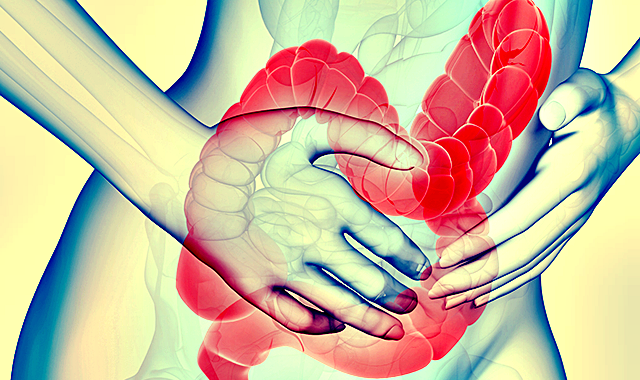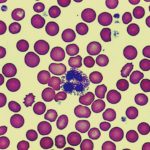What is IBS?
IBS or irritable bowel syndrome is a very common functional gut disorder. This means, in this syndrome, there exist no structural abnormality. So, only the gut malfunctions while rest all the parts look normal.
Who gets it – Statistics for IBS
Research studies have shown that on an average 1 in 5 people in US suffer from this syndrome at some phase in their life. It affects nearly 40 million people in the US, with 2 in every 3 sufferers being women. This syndrome may affect anybody at any age. However, it is commonly seen to develop first in young adults; also the prevalence of the disease is more in women as compared to men.
The condition is more common in developed nations, with countries in South and North America being affected more than people in Asian countries. The condition reduces with advancing age, so mostly people in their teens and 45 are affected. The first case was documented as early as 1820 but the term IBS or Irritable Bowel Syndrome came into existence in 1944.
What causes IBS?
Researchers have not been able to point out the exact cause of the syndrome, but it is clear that this syndrome is caused because of some kind of over activity in one or more parts of the gut. Furthermore, abnormal contractions of the muscles present in the gut wall can lead to over activity and cause pain. Hyperactivity of the gut nerves or muscles due to excess number of messages sent from the brain can lead to development of IBS syndrome. Stress and mood disorders are also known to cause IBS. Studies have shown that almost half the people suffering from INS can relate their symptom development to some stressful event. Symptoms seem to become worse with increase in stress and anxiety. Infection and microflora present in the gut cannot directly be responsible for the development of IBS syndromes. However, infection and germs present in gut lining may trigger or sensitize the gut so as to lead persisting symptoms of Irritable Bowel Syndrome.
Symptoms of IBS
IBS can be identified through the occurrence of several symptoms. Pain and discomfort is the most common symptom occurring in different regions of the abdomen. The pain is often described as intermittent but the duration of each pain can vary. Bloating or swelling of the abdomen is another symptom and it reduces with passage of wind.
Changes in stool occur with some patients having bouts of constipation while some are known to have bouts of severe diarrhea. At times, the stool can also be pellet-like; sometimes watery and mucus mixed stools at other times. Other symptoms include feeling sick or nausea, headaches, belching, poor or loss of appetite, tiredness, backache, muscle pains, heartburn, and irritable bladder.
The time duration of symptom occurrence differs from patient to patient along with severity. Some patients have mild symptoms while some are reported to have unpleasant and severe symptoms persisting for longer periods. Yet, some other patients fall in between; having flare-up symptoms persisting from time to time. Health professionals have grouped people having IBS into three categories:
- Those having abdominal pain and other symptoms being bloating and constipation mainly,
- Those having abdominal pain and other symptoms being diarrhea and urgent rush to toilets,
- Patients alternating between diarrhea and constipation
However, all patients do not seem to fall in a definite category and there might exist considerable overlap between categories. It must also be noted that passing blood with stool is not a symptom of IBS and a patient having such a symptom must inform their doctors.
IBS – Pain Location
Typically IBS pain can occur throughout one’s abdomen. Below are some typical locations where IBS pain is mostly experienced.
- Upper Abdominal pain: this type of pain is associated with bloating mostly and can worsen post meals
- Mid abdomen pain: cramping occurs around belly button area
- Lower abdominal pain: pain can be eased by proper bowel movement.
Sometimes, IBS pain can radiate beyond beyond abdominal area into the upper regions of the torso.
Diagnosis of IBS
There exist no tests to confirm diagnosis of IBS. However, doctors can identify IBS through the occurrence of the typical symptoms discussed earlier. IBS symptoms might sometimes be confused with that of Crohn’s disease, coeliac disease, ulcerative disease, gut infections, and even cancer of ovary. Thus, stool or blood samples are taken from patients and tested to negate the occurrence of such disease. Tests commonly done include full blood count or FBC to negate anemic symptoms associated with different gut disorders.
Erythrocyte sedimentation rate or ESR or CRP (C-reactive protein), a blood examination for coeliac disease. For women being diagnosed for IBS, blood is tested to negate ovary cancer called as CA 125. To rule out Crohn’s disease, stool tests are conducted to trace a protein named fecal calprotectin, which is present in case of Crohn’s disease but not in case of IBS.
Treatment of IBS
There exists several treatment option for treating Irritable Bowel Syndrome. Patients are advised to follow different treatment option like lifestyle changes, dietary changes, medication help and other types of treatment based on the severity of IBS symptoms.
Researchers have recently found out that following a low- FODMAP diet can greatly help people with IBS. FODMAP diet is nothing but FERMENTABLE OLIGOSACCHARIDES, DISACCHARIDES, MONOSACCHARIDES, And POLYOLS. Foods that should not be consumed or are not a part of the low-FODMAP diet includes fruits like apples, peaches, cherries; green vegetables like peas, broccoli, cabbage, and brussels sprouts; artificial sweeteners; foods rich in lactose like milk, cream, cheese, chocolate, ice-cream, and sour cream.
Some foods are reported to trigger IBS symptoms in UK; they include wheat, rye, barley, dairy products, coffee, and even onions.
Following regular exercise routines helps to reduce and control IBS symptoms.
